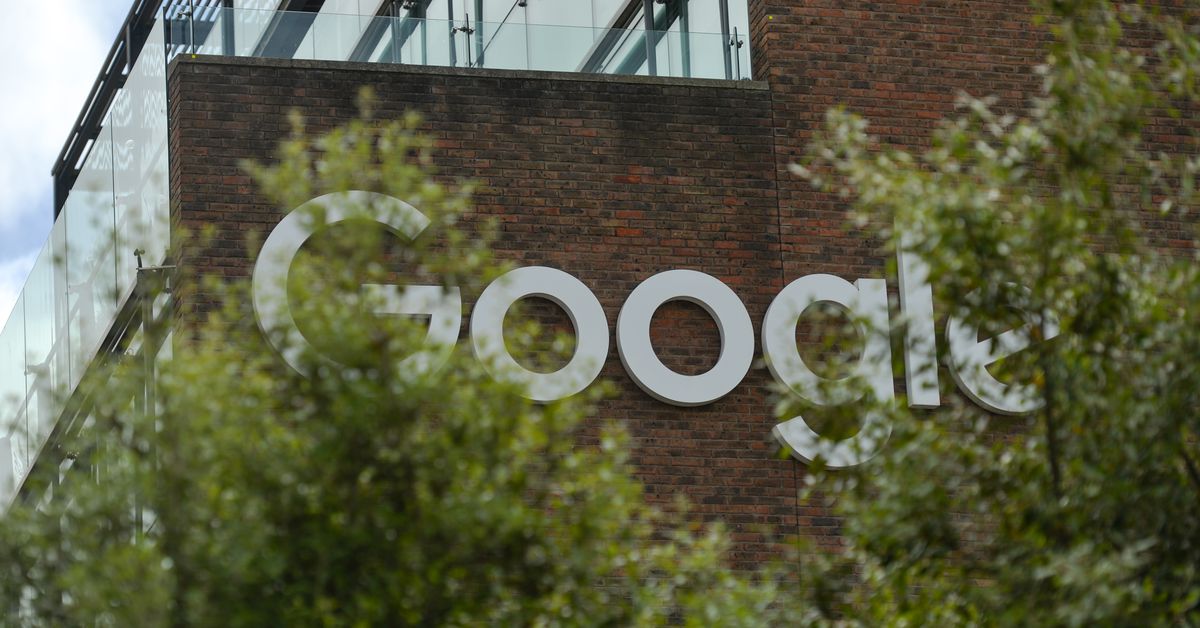
Thursday's announcement by Ireland indicated that it would join an international agreement which sets taxes at a minimum of 15% on multinational corporations' profits. This is a significant shift for Ireland, which is home to many of the largest US pharmaceutical companies as well as tech companies like Google, Apple and Facebook.
A rise from Ireland's current 12.5 percent rate to 15% may not seem like a significant increase. The Organization for Economic Cooperation and Development's (OECD) Inclusive framework agreement was outlined in July. It is actually a two-pillar plan that aims to end tax avoidance and make international tax rules more fair and transparent. According to the OECD, a 15% tax rate would produce $150 billion annually in global tax revenue and stabilize the international tax system.
The deal was signed by Ireland ahead of a Friday meeting at OECD, where 140 countries have been negotiating the terms for many years. Global companies will be required to pay taxes in the countries where they sell their products and services, even if there is no physical presence. This plan would apply to multinational corporations with revenues over 750 million, or $867 million. Companies with revenues less than 750 million would continue to be subject to the 12.5 percent tax in Ireland.
Ireland has been a tax haven for large tech companies over the past decades due to its low corporate tax rate. Companies often set up Irish subsidiaries to license their intellectual property. The subsidiary then pays royalties. According to the American Chamber of Commerce Ireland (ACI), there are approximately 180,000 employees in Ireland. Around 800 US companies operate in Ireland. Apple established its first Irish plant in 1980. It now has approximately 6,000 employees on its Cork campus. Facebook opened its Dublin headquarters in 2008 and Google opened its European headquarters here in 2003.
Paschal Donohoe, the Irish finance minister, stated in a statement that the agreement would address tax issues related to digitalisation. He also said that he believes that companies will continue to choose Ireland as their home base.
Donohoe stated that he is confident that Ireland will be competitive in the future and will continue to be an attractive investment location for multi-nationals. Multinational enterprises provide high-value jobs for our economy, while Ireland offers a stable platform with a proven track record of success to MNEs who choose to invest.
If the OECD agreement is approved, its provisions will be effective in 2023.
